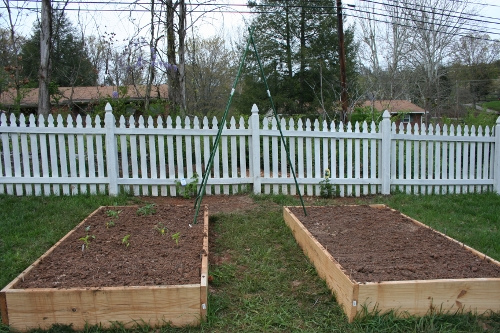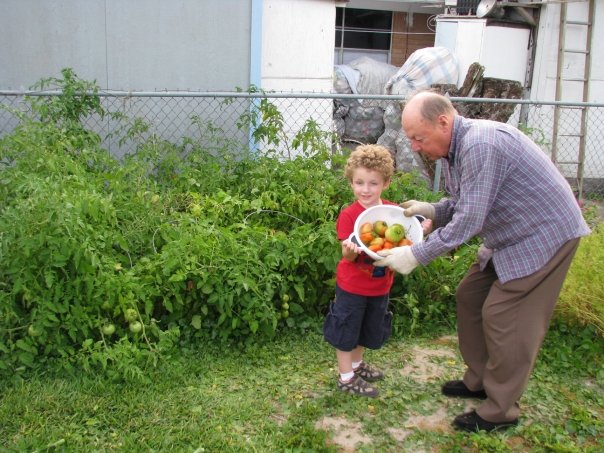
For many people, a fitness routine oriented around traditional forms of weightlifting and cardiovascular exercise is an unchanging part of their life. However, those who are currently working out and those who are seeking a more appealing way to get back in shape should consider one outdoor activity proven to benefit mental and physical health: gardening.
It is tempting to view gardening as a plodding, leisurely activity, and in many instances this is a fair depiction. However, the totality of what is known as ‘gardening’ includes some strenuous activities that, studies show, are beneficial to attaining physical gains and mental peace.
Tips for Beginners
For those who find themselves in a fitness rut, putting on some gloves and getting their hands dirty in the yard is likely more appealing than leaping right into a gym routine. The outdoor, often solitary environment which a yard provides can be far less daunting than entering a gym full of already-chiseled fitness buffs. However, this does not mean that the physicality necessary to proper gardening should be overlooked.
Stretching is advised prior to breaking out the trowel, while maintaining good form throughout all of your gardening activities will help to prevent injury, according to the Central Peninsula Garden Club. Reader’s Digest has also compiled several tips for beginner gardeners that will make their routines less strenuous, and therefore more enjoyable. Because, when it comes to gardening as exercise, a boost in mental health is another likely outcome.
Expected Mental Health Benefits
While the aim of gardening, for the sake of this article, is to get into better physical shape, the mental health perks that are inherent to gardening serve as an added benefit which also helps improve physical wellbeing. The University of Washington details some of the benefits of gardening on mental health, including the fact that nature works to ‘restore the mind from the mental fatigue of work studies’.
The same report states that outdoor activities, including gardening, help alleviate symptoms associated with stress, depression, dementia, and Alzheimer’s, which is why many have turned to horticultural therapy, gardening with the intent of providing medical relief. All of these mental health benefits, through their reduction of the stress hormone cortisol, also translate into feeling of physical well being.
The Physical Perks of Gardening
Make no mistake: gardening is exercise. Henry Ford Health System outlines some tips for approaching gardening in a manner that means it will qualify as moderate to high-intensity exercise. This is the level of activity which will eventually result in pounds lost and long-term benefits achieved.
These recommendations include foregoing modern technology for more labor-intensive old-school gardening tools, including manual clippers, shears, and push mowers. You can also make gardening revolve around more exercise-aimed activities as you progress. This includes intentionally carrying heavier bags of mulch, using good form to bend and reach for fruit and cuttings, mixing up your routine to encourage blood flow and cardiovascular activity. Further, mulching itself – applying a layer of either inorganic or organic material used to control weeds and increase water retention – is an activity that can prevent pesky weeds while providing a substantial workout.
A study comparing those who engaged in community gardening versus those who did not showed stark contrast between the populations in terms of healthiness. Men who gardened were 36% less likely to be overweight or obese, while women who gardened experienced a 34% reduction in risk. These numbers speak volumes in and of themselves.
Conclusion
Studies show, without exception, that gardening can qualify as moderate to high-intensity exercise, but attaining this level of exertion requires a certain approach by the gardener. Maintaining a high-tempo, engaging in activities known to require higher effort, and paying attention to your form are three ways to maximize the effects that gardening will have on your physical fitness. Mental health benefits, meanwhile, will arise simply from you being in the yard. Plus, your friends and neighbors won’t just recognize your newly trim figure and elevated mood, they take notice of your carefully tended to yard as well.
Maria Cannon believes we’re never too young to dedicate ourselves to a hobby. She has suffered from depression and anxiety for years, but her hobbies–gardening, quilting, sewing, and knitting–play a major role in maintaining her mental health. She created HobbyJr to encourage readers to find a hobby they love.




No comments yet.